‘Revenge travel’ is a media buzzword we can trace back to 2021. Just when the world began to reopen. It was than that people decided to make up for lost time.
The thought of avenging or punishing goes with the idea that the virus was the enemy. It fit the metaphor. Indeed, many past mistakes and misdeeds came to the fore during the critical period of the pandemic.
But ‘revenge’ is not, as some pundits said, another way of saying ‘life’s short, I want to connect with humanity and nature.’ On the contrary, it brings about a desire to repay an injury or wrong. And that’s what’s happening in travel (and in society.)
On Value in Culture is a reader-supported guide to framing in narrative, language, books, value & culture. Both free and paid subscriptions are available. If you want to support my work, the best way is by paid subscription.
It’s as if people closed down just the world was reopening. Because all too often ‘I want to explore the world and seek experiences that make me feel alive’ has come to mean ‘therefore I’ll do as well I please’ (myself.)
The evidence is everywhere:
An Irish tourist was accused of vandalizing the Colosseum in Rome. Security staff spotted him allegedly carving his initials into the ancient Italian structure. (Apparently he ‘wasn’t aware’ the UNESCO world heritage site ‘was ancient.’)
A second (teenage) tourist is under investigation after she was filmed defacing Rome’s Colosseum by a tour guide. (Her parents said: ‘She’s just a little girl.’)
A 17-year-old Canadian admitted to scratching his name and initials into an 8th-century temple in Japan’s Nara prefecture.
An American tourist allegedly pushed two women down a slope near Neuschwanstein Castle, killing one of them.
A tourist allegedly damaged unique geological landforms in China.
Italian police officers reported a 19-year-old French tourist to the public prosecutor’s office for carving a heart and initials into the Leaning Tower of Pisa.
Two German tourists who climbed into a fountain in northern Italy and destroyed a $220,000 statue.
Another German tourist crashed a performance inside a sacred Bali temple and stripped naked, after having previously run out on the bill at several local hotels.
Two drunk Americans slipped into a closed section of the Eiffel Tower and slept off their bender high above Paris.
A Russian tourist took pictures of himself seminude on a sacred mountaintop.
Italy’s government has settled the restaurant bill of four Italian tourists in Albania who left without paying.
Tourist climbs Trevi Fountain in Rome to fill water bottle.
A man jumped off the Eiffel Tower with a parachute. The parachuter was arrested and now faces criminal charges.
Tourists keep messing with wild animals at national parks.
The two German tourists who spray-painted graffiti on exterior columns of the Vasari Corridor connecting Florence’s Uffizi Galleries to the Boboli Gardens were arrested.
There are countless examples of passengers behaving badly on flights to fill entire YouTube channels.
We’ve been good (en)during lockdowns, through campaigns pro and against vaccines with opinions galore about every inch of what we should and should not do. Now is the time to enjoy a well-deserved break.
There’s growing evidence that suggest people are feeling as if they should be able to do whatever they want, particularly when it comes to travel. When someone has spent a lot of time and money to plan and take a vacation, it better be great.
Perhaps it’s also a reaction to the steep increase in pricing—from airlines to hotels to beaches to restaurants—everything has become much more expensive. After the first wave of travels that dipped into savings, some destinations have become unaffordable.
But—the point remains.
‘Revenge’ brings out the worst in us; it indulges the dark side. And ironically prevents us from the joy we feel we deserve.
Stuck within the confines of our homes for long stretches we dreamed of far-away places. When the only way to travel was virtual, we used screens and social media to visit many parts of the world we might not have planned to go to.
It’s easy to see how all this pent-up desire became very ‘me-focused.’ Tour operators are increasingly witnessing a lack of knowledge or care about local customs and norms. “People don’t seem to care how their actions affect those around them.”
There’s been less (frequent) business travel. More of the people who are traveling do so infrequently and out of their own pockets. More people are traveling now who probably didn’t in the past (nearly at pre-pandemic levels.)
“I marvel at how accessible great art is and great culture is to travelers … and I marvel that there’s not more people than are in their own little two-bit way terrorizing the culture.”
Rick Steves
Make no mistake, there is a decrease in civility. Examples of coarseness in culture range from movie theaters, to Broadway and concert venues. With social media, everyone’s become a star in their own show.
Many travelers today are competing for social media likes and views. Tour operator Rick Steves says this is making people distracted. “They’re not paying attention. They’re not in the moment. They’re missing the beauty of it.”
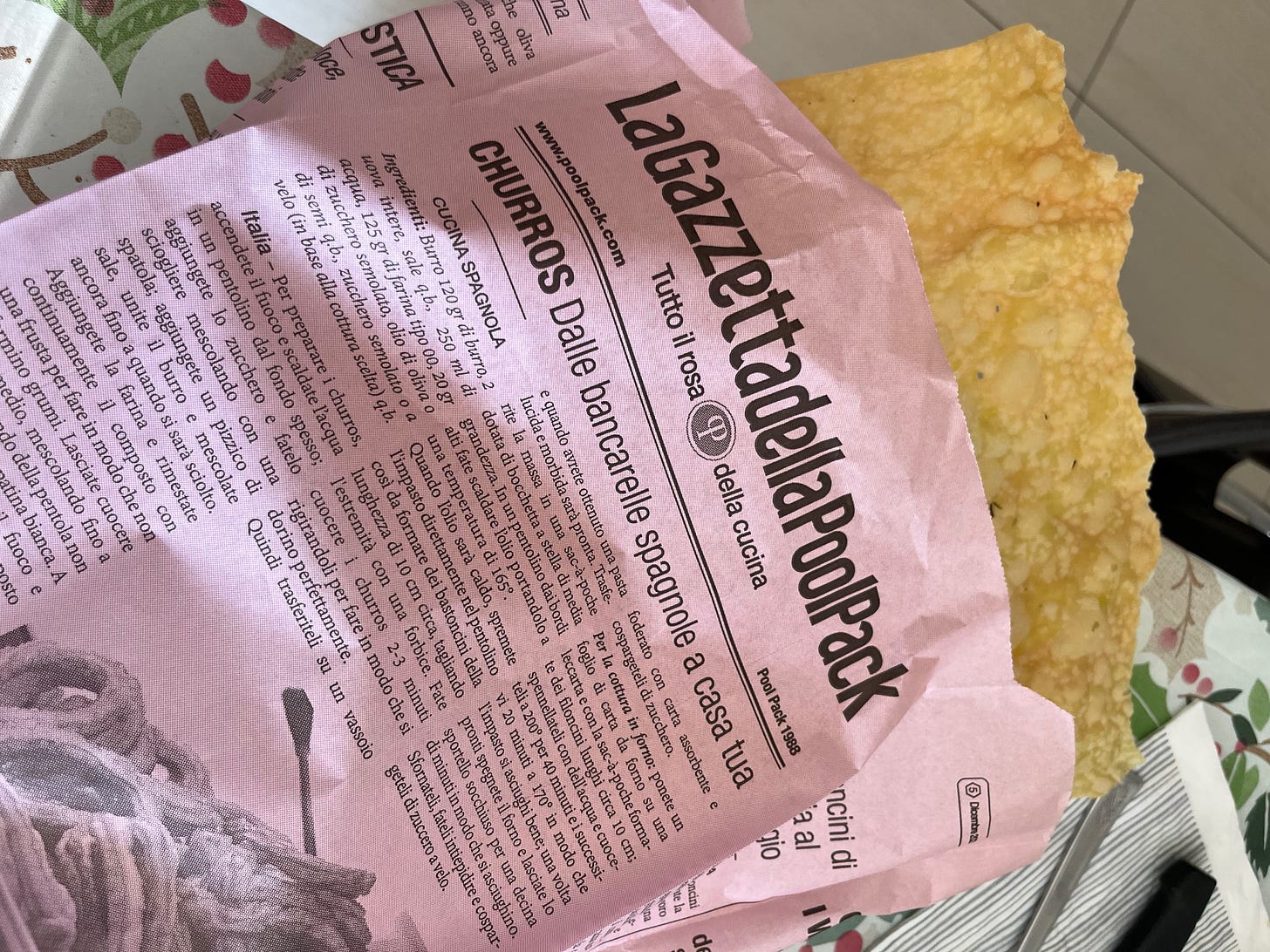
We can learn so much if we were to be there when things are happening. Rather than buried in a phone. It’s the exact opposite of what it seems in highly-edited Instagram shots—places and people are way more interesting than we give them credit for in social media.
There’s a bridge I saw in Firenze a few years ago that is still standing because both the Germans and the allied forces knew it was a work of art. We can say the same for many buildings and places all over Europe. Too precious to destroy. And yet…
‘Revenge’ is a forever cycle. Top vacation spots—there are many in Italy (apparently celebrities all vacationed in Capri, Amalfi and other parts of the peninsula this year)—threaten tourists with hefty fines, deportation, and jail.
The tourist who was filmed carving initials on the Colosseum faces up to five years in prison and $16,000 in fines (ANSA.) But it goes beyond the fines and reparations. Beyond public spaces, privates are engaged in a stand-off with tourists.
A café in Italy charged a customer $2.20 to cut a sandwich in half—they stand behind the decision.
A small extra plate for her three-year-old daughter on the Riviera costs two euros.
A couple of tourists were charged 60 euros for two coffees and two small bottles of water at the Cervo Hotel in Sardinia (pricing was posted on the menu.)
In Puglia, a set of sunbeds with umbrella costs an average of 50 euros on weekdays, but the price doubles on weekends.
Prices are definitely up in Italy, in some places 240 percent. So high that many Italians are vacationing in Albania and Montenegro this year. Sans Italian cuisine, but more affordable.
The truth is that tourism is among the biggest global industries and, as such, it has tremendous environmental, cultural, and economic impact. We need to acknowledge and address what’s happening says award-winning journalist Elizabeth Becker.
It’s an issue that involves everyone. France has been working hard to protect its culture.
“Tourism officials told me one of their biggest worries is becoming victims of their success: too many foreigners buying second homes or retirement homes in French villages and Parisian neighborhoods, which could tip the balance and undermine that sustainable and widely admired French way of life.”
Elizabeth Becker
Some countries are taking a preemptive approach. Bali and Iceland ask tourists to promise to respect their culture and environment after visiting it. Palau requires visitors to sign an eco-pledge on arrival. Indonesia announced plans to ban access to sacred places.
Local activists known as ‘Caterva’ use fake warning signs on some of Mallorca’s (Spain) most popular beaches. The signs say things like ‘dangerous jellyfish’ or ‘falling rocks’ or ‘no swimming,’ in English. Hidden lines of text in Catalan explain ‘open, except for foreigners and jellyfish.’
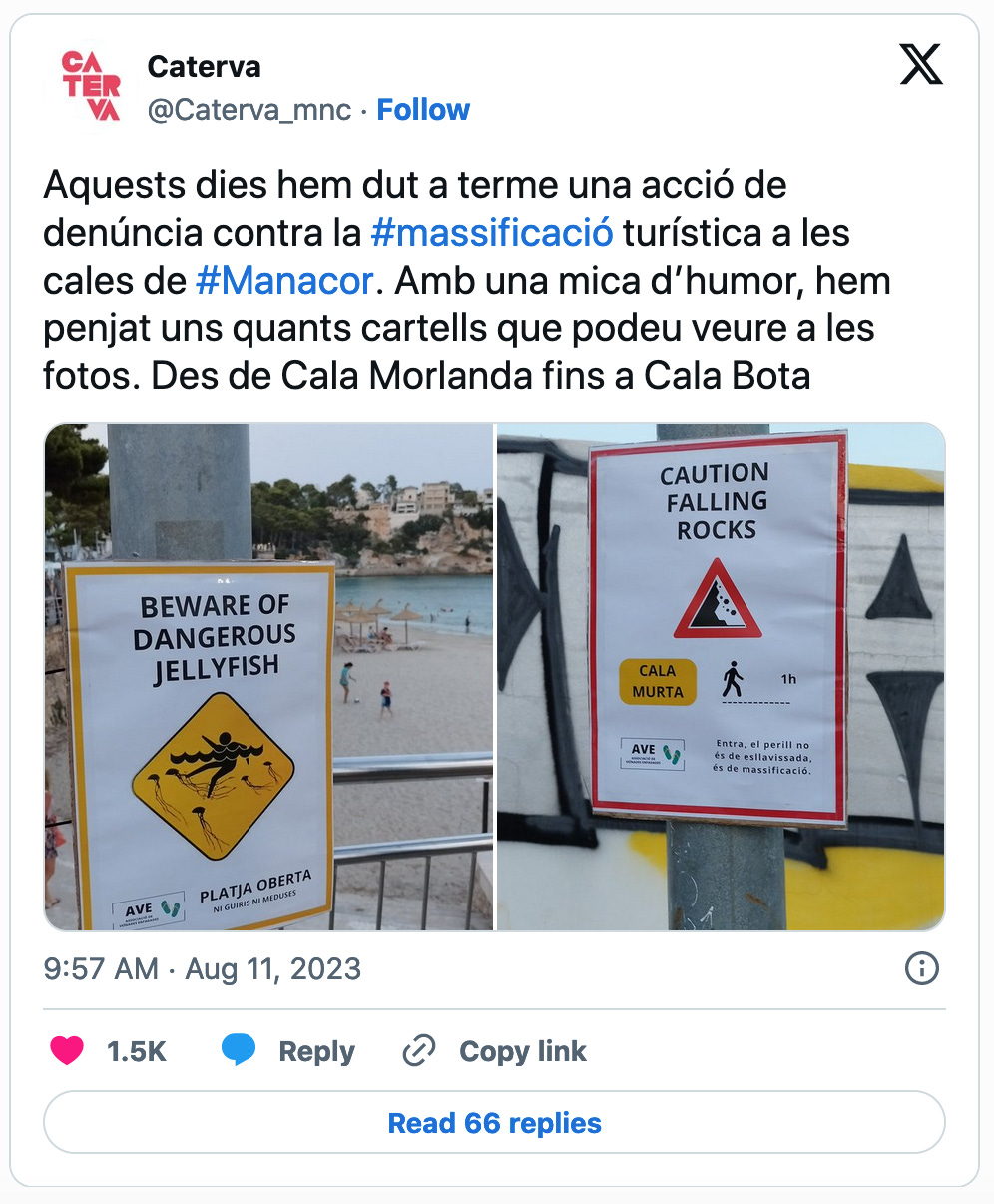
Dubrovnik in Croatia had to endure drunken noise re-enacting Game of Thrones’ ‘walk of shame’ on the Jesuit Stairs in the old town. The city has successfully curbed some of the public nuisances through recent media campaigns.
Visitors to Australia can no longer climb Uluru (Ayres Rock). The country recognizes it as an Aboriginal sacred site. Amsterdam recently launched a ‘stay-away’ ad campaign targeting drunk Brits.
The Netherlands tourist board says it’s now focused on ‘destination management’ rather than ‘destination promotion’ (Perspective 2030 report.) They want to switch tourists’ attention to other cities in the country.
Better infrastructure—connections between cities by train and public transport—does help people reach more cities. (Italy does alright in the north, it could do better in the south.)
Can we ever make up for lost time?
We change. The pandemic has changed us. In some ways for the better, in others for the worse. It’s good to understand that. Travel is a privilege. In ancient times, the traveler was a guest—which came with duties and responsibilities.
I’ve always avoided what Paul Bennett (Context Travel) calls ‘drive-by tourism.’ People go to a place for a few hours and want the ‘supersize me’ experience (complete with selfies), with no sense of the country, culture, and people during or afterwards.
You get what you pay for—and also don’t get what you don’t invest in.
While many spend hours trying to find the best deal(s) online, not enough people invest time in researching the country/ies where they plan to travel. What are the norms and customs? Goes nicely along with—what are the best foods?
A few years ago we traveled to Aruba. I had never been. Some people on the island speak Dutch. But most people speak a local language called Papiamentu. We downloaded a dictionary online and ordered a phrase book—just so we could greet locals appropriately.
If you make the effort to learn a few words of the language, that will go a long way to connect with people. Same goes for research about what’s happening in the area when you’re there. Hotel amenities may not be as important as a country’s history and customs in the great scheme of things.
I still remember the time I was in Oslo for a keynote and I forgot Norway doesn’t use the Euro as currency. Lucky for me, someone who was attending the event paid for my coffee. “You better earn it in the talk,” she said. Touché. I was there only for one night and thought I could get by.
Rather than trying to make up for lost time, we could be making the time we have work in our favor. Travel differently. My first trip abroad was three weeks. A longer stay is something to consider, especially if you can work from anywhere.
I still try to spend as much time as possible in fewer locations. It gives me the chance to go deeper into what people do in that place. I want to live like a local as much as possible. Where I go, what I do, who I talk with, and how I spend.
Five days in Lucca last year were perfect for tasting and savoring the city. One month and you’ll get to appreciate how the locals deal with bureaucracy—crucial if you ever consider moving to Italy.
Travel can expand our minds. It’s a path to a richer life.
Travel is a big part of my life. I love learning about new cultures, watching how people do things, savoring the foods, walking along the streets with my nose up in the air looking at architecture, and yes, I enjoy vising museums and festivals.
There’s much to learn from people and places—the similarities and differences. They’re there, if we take the time to be alive while in and to the place and its people.
‘Revenge’ and trust are two sides of the same coin. We should learn the art of disagreement early in life, we don’t. But we can become better at making useful choices based on time dependent information.
For example, when to travel and where to go. Then, how to be there when we go.
Overtourism
It’s not a new concern. The term has been widely discussed in tourism literature since the mid-1960s. We’re just grappling with its exponential form. Quality of travel may be up for many, but quality of life is down for the residents.
The congestion or overcrowding from an excess of tourists can result in conflicts. It can lead to housing shortages. Too many Airbnbs in an area and you price out citizens. It’s an issue cities and local administrations need to address.
“We have to control the influx more if we don’t want it to become a complete Disneyland here.”
Dirk de Fauw, Mayor of Bruges


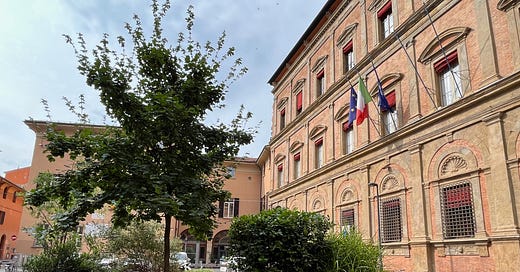




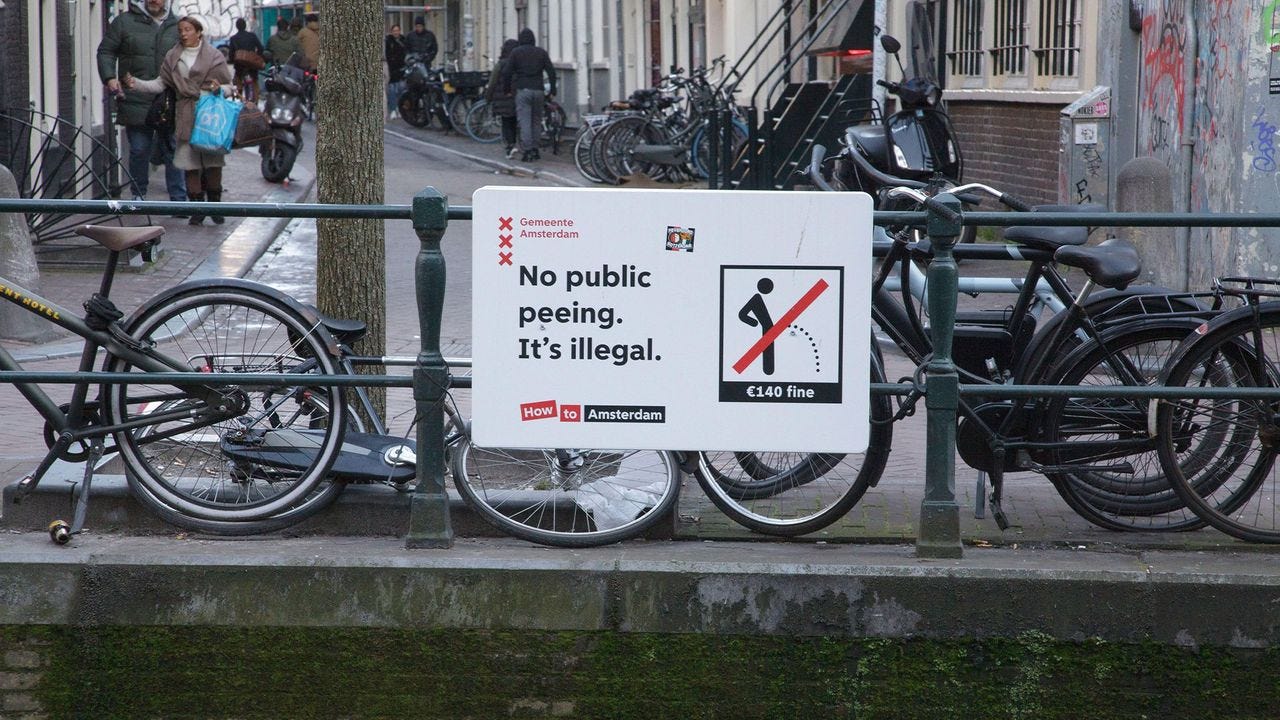
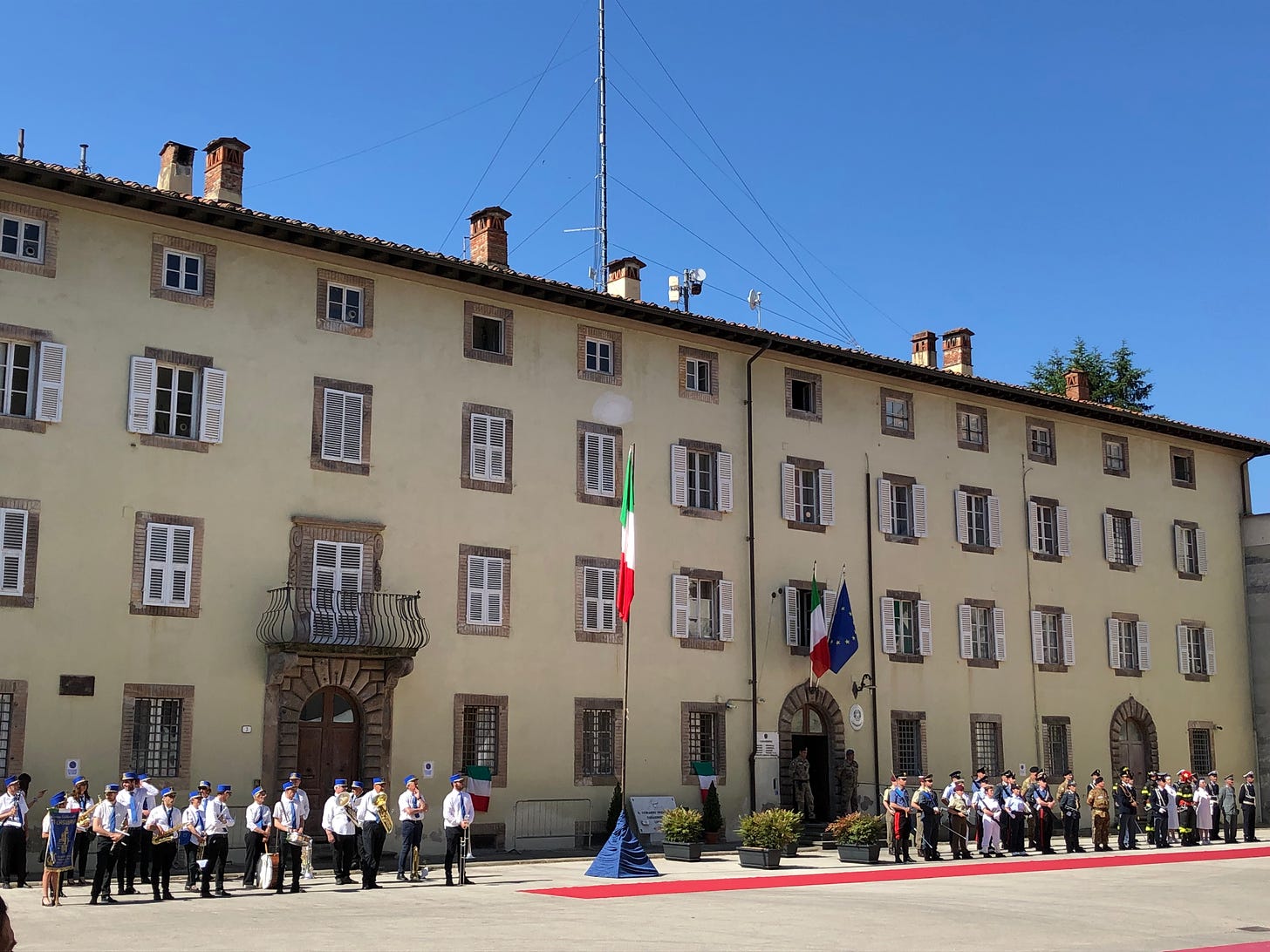
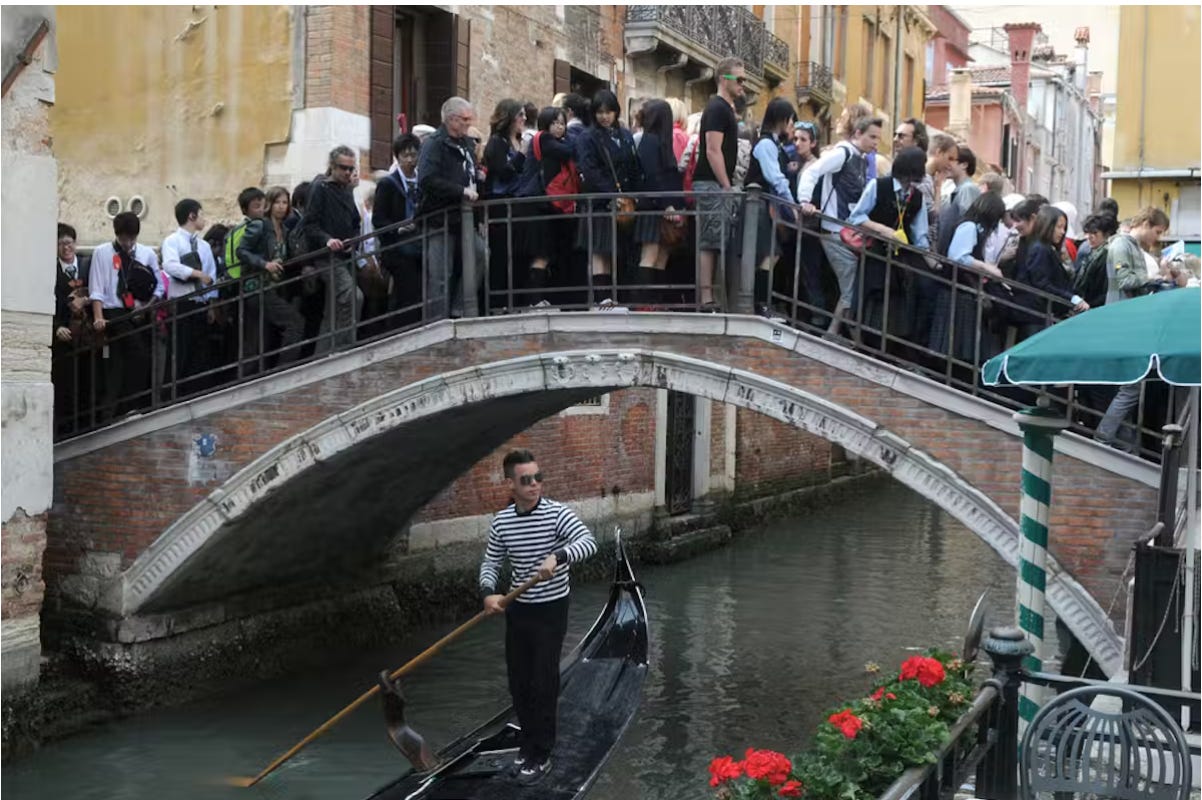
I share your concerns; we saw it in Hawaii on a similar scale to what is seen in Italy, two of my beloved places. I fear civility is being lost. I hate to “blame” the younger generation but social media has trained them in so many negative ways.
This issue has been front and center for me for a number of reasons lately, and it feels quite hopeless because of scale. Americans of course are among the leaders in the decline and I hope a big blue wave in 2024 can effect change in all sorts of arenas! Ever the optimist...